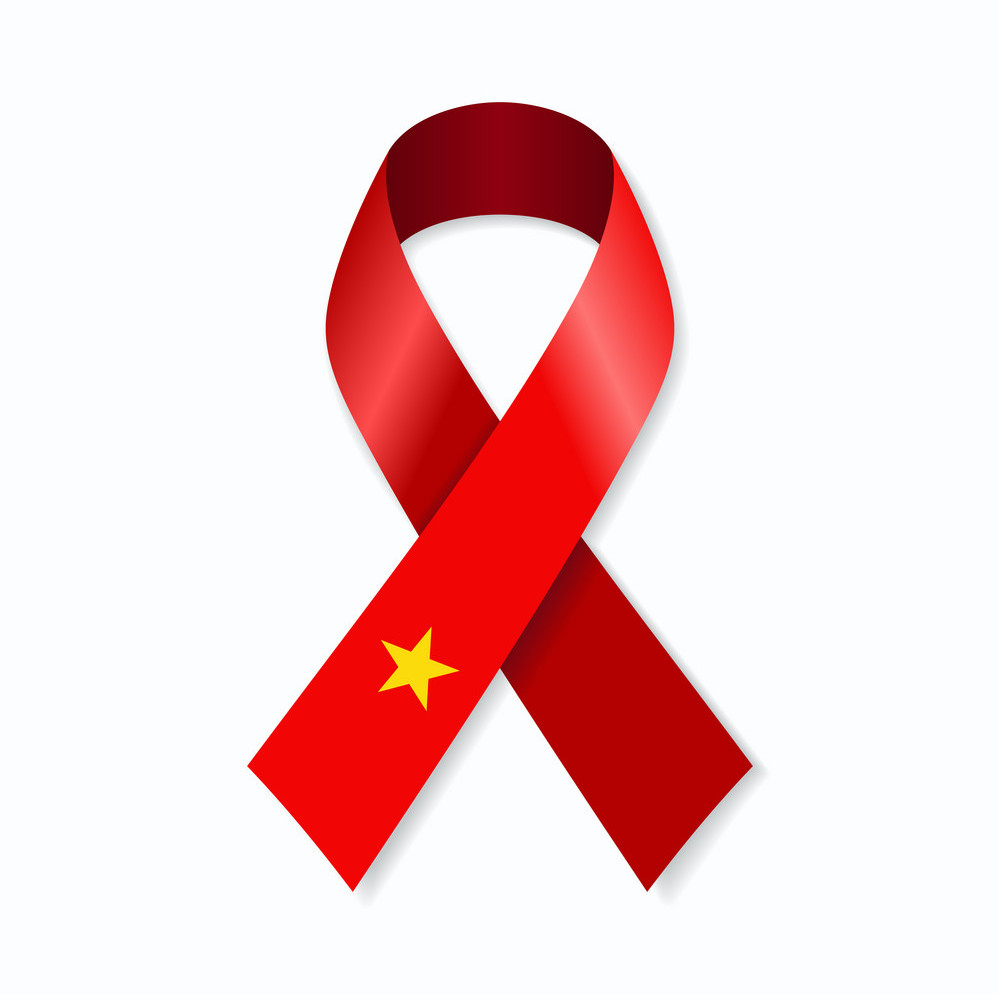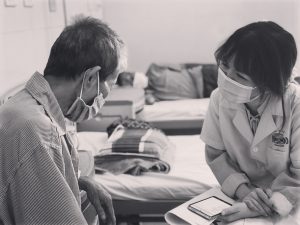
A recent study by doctoral student Thinh Vu and Assistant Professor Sean Haley suggests that a universal health insurance program for people living with HIV/AIDS (PLHIV) in Vietnam could result in significant benefits. The study reviewed existing health insurance policies from Vietnam to identify barriers and propose alternative strategies to sustain and expand HIV/AIDS medication and treatment funding.
Given the ongoing impacts of COVID-19 and the tapering of international funding, the implementation of a universal health insurance program for PLHIV in Vietnam would add a considerable national expense. Yet, the paper suggests that an incremental approach to expanding lifelong antiretroviral therapy (ART) treatment for the uninsured would not only improve the health of PLHIV but also reduce the transmission of new HIV infections.

According to Vu, existing health insurance policies limit treatment access for people living with HIV by placing a considerable financial burden on insured PLHIV and precluding uninsured individuals from eligibility for ART programs. By implementing a universal health insurance program among vulnerable populations regardless of residency or documentation status, Vietnam’s Ministry of Health could increase the uptake of ART treatment, reducing premature mortality and infections, and potentially improving population health while generating economic benefits from ART treatment through productivity gains and lower healthcare costs.



